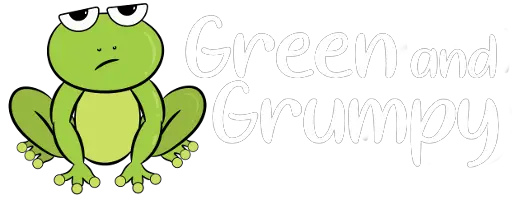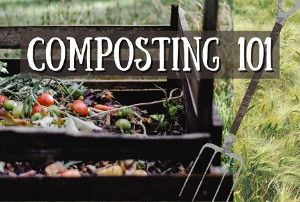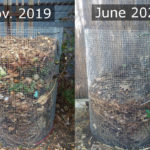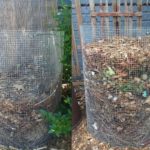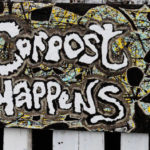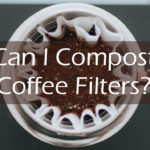Top 10 Things NOT to Compost

Top 10 Things NOT to Compost

In a previous article, I highlighted items you can compost that you may not have known about. But it’s also important to know what things not to compost. Some of these you may already know, but a few of these were a surprise to me as I learned more about composting the right way.
Do NOT throw these items in your compost bin:
- Chemicals, cleaners and other toxic substances. This should go without saying that chemicals are at the top of the list of things not to compost. Don’t put anything in your bin you wouldn’t use near your food.
- Animal products. Meaning leftover meat, bones, dairy products, eggs (although the shells are okay), etc. They will attract pests and bones take years to break down.
- Oil. Even though olive oil and cooking oil and the like are made from plants, they seriously slow down the composting process by coating the other items in your pile with a water- and oxygen-resistant barrier. Plus, the smell of oil attracts pests. A small amount of cooking oil soaked into a paper towel or some grease on a pizza box is fine though.

- Walnut. I learned this one the hard way when I raked up all the leaves in my backyard and threw them in the compost bin, then used that composted material on my garden. All my tomato and pepper plants turned yellow that year and barely grew. I couldn’t figure out why, until I stumbled upon an article that mentioned how all parts of a walnut tree (leaves, roots, nuts) contain a compound called juglone that is very toxic to most vegetable plants. My garden soil was wrecked for about 2 years until the juglone gradually dissipated.

- Diseased plants and invasive weeds. It’s possible to compost these items if your pile gets hot enough to kill pathogens and weed seeds, but if you do lazy composting like I do, you’re better off to leave this stuff out so that you don’t end up infecting other plants, or spreading more weeds around.
- Treated wood. There are chemicals and compounds in treated wood that are not safe, so unless you know that a piece of lumber is untreated, don’t try to compost it, or its sawdust.

- Glossy, coated papers. Paper is generally fine to compost, but not if it is glossy, which is often a plastic coating. Or if the paper uses a lot of colored ink it can be toxic. It’s best to instead recycle glossy paper items like catalogs, magazines and so on.
- Dog and cat poop. Any pets, like cats and dogs, that eat meat products can harbor dangerous diseases in their feces. This should be at the top of your list of things NOT to compost. Droppings from animals that are vegetarian (like birds, rabbit and hamsters) are generally okay though. And pet bedding is fine if it is made from organic materials like paper or wood shavings and used for vegetarian animals.

- Tap water. This is another one that surprised me, because I used to water my compost pile from time to time to keep it moist, and didn’t realize I was doing more harm than good. Why is the water that comes through your municipal water system a problem? Our water is treated with chlorine (or chloramine, depending on your location) to kill any germs that may be present. This is important so that our water doesn’t make us sick, however, that chlorine also kills off many of the bacteria and critters that break down your compost. So watering your compost heap with tap water can really slow down the composting process. Stick with water gathered in a rain barrel if you need to water your compost bin. Or treat your water before using it on your compost.
- Dryer lint. Technically this is compostable, but unless you wear 100% organic fibers, there will be plastic in your lint. Best to leave it out.
Just getting started in composting and need a good basic primer? Check out our intro guide to composting, Composting 101.
Another great online guide is Composting at Home: A Complete Beginner’s Guide.
